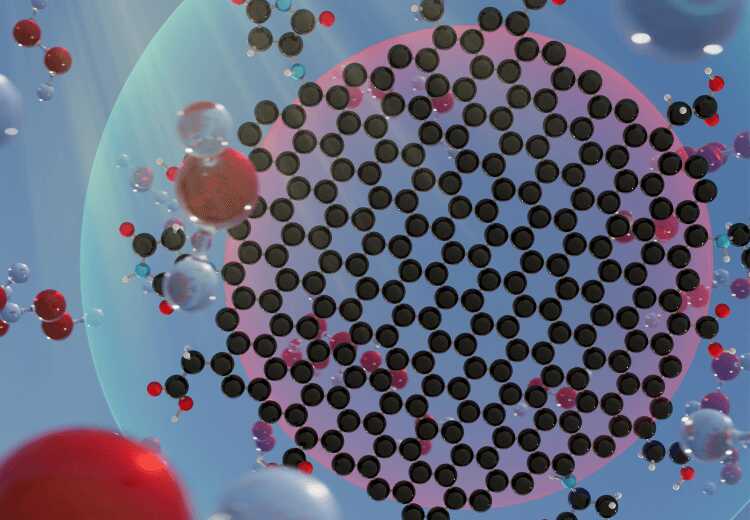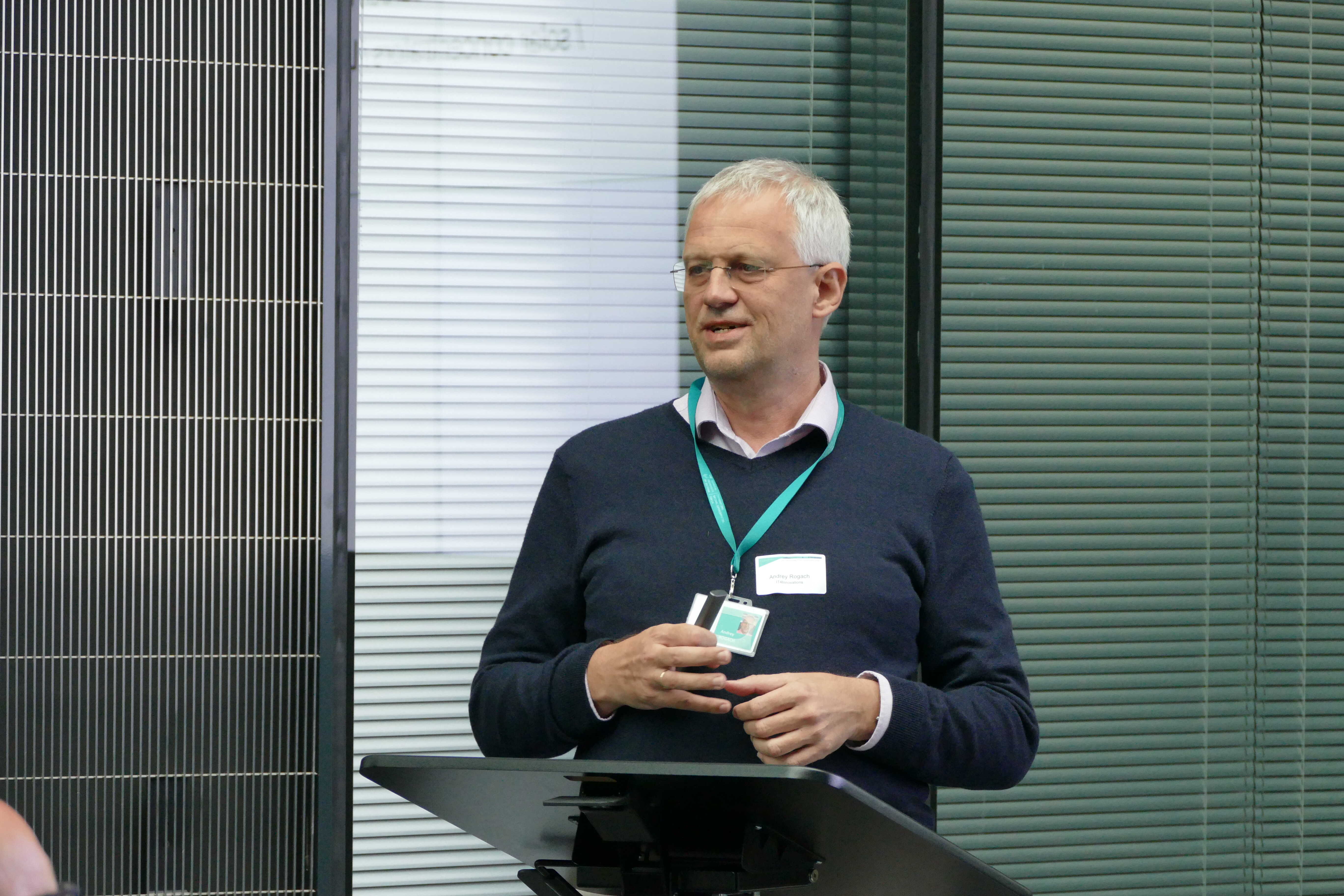The Region's support enables top scientist Andrey Rogach to initiate research at VSB – Technical University of Ostrava.

Sponsored by

Sponsored by

Renowned globally for his expertise in light-emitting nanomaterials, Professor Andrey Rogach has commenced research at VSB – Technical University of Ostrava in the Czech Republic. At the IT4Innovations National Supercomputing Center, he has launched a unique Global Experts Programme funded by the Moravian-Silesian Region. The aim of the programme is to bring the world's top scientists to the Region. Professor Rogach brings a wealth of experience to the University and will work to improve and expand the already promising optical and sensing properties of carbon dots, a nanomaterial with unique fluorescent properties.
"The project, supported by the Global Experts Programme, will serve as a means to transfer the know-how of my research group to the IT4Innovations National Supercomputing Center at VSB – Technical University of Ostrava, import our skills in materials and characterisation and open direct access to the expertise of Czech scientific teams. I look forward to working with Czech researchers, contributing to the transformation of the Region and strengthening the research on carbon dot phosphors at a multinational level," said Rogach, who studied chemistry at Belarusian State University, then worked at universities in Germany and Ireland, and has been at the City University of Hong Kong since 2009.
Professor Rogach has been researching luminophores since the beginning of the 90s, so for about 30 years. In the project Experimental and theoretical studies of near-infrared emitting chiral carbon dot luminophores, he and his colleagues will study the so-called carbon dots, which is just another name for carbon nanoparticles that can emit light. Their applications are also supported by the fact that they are safe and environmentally friendly and can be easily made from many different precursors.

"Carbon dots have been studied intensively for almost 20 years by different groups all over the world. We will focus on one specific direction related to these materials; we want them to emit light in the near-infrared. Such carbon dots emitting near-infrared light can be used as labels that can go inside our body and be used to examine novel drugs, so that we know where precisely the medication will go in our body, to target cancerous cells for example. Near-infrared emitting luminophores have many important implications for real-life applications," Rogach explained.
The Moravian-Silesian Region (MSR) attracts excellent scientists who have been working outside the Czech Republic for a long time to its universities. Thanks to the Global Experts programme, MSR offers them attractive conditions for implementing their research in the Region and their participation in the economic, energy, and ecological transformation of the Region, which has been burdened mainly by heavy industry in the past. The funding from the MSR budget will not only support the research work of globally successful experts and contribute to the long-term growth in the quality and relevance of research at local universities, but will also increase the attractiveness of university studies and the development of the entire Region. The incoming researchers will create the conditions for the emergence of cutting-edge scientific teams and strengthen research on new, globally attractive topics.
“With its involvement, VSB – Technical University of Ostrava further confirms its quality as a scientific institution where world-class experts would like to work. Global Experts is also a great example of how we are collaborating with the Moravian-Silesian Region on topics in which we aim to raise our profile as a university and region,” said Václav Snášel, the Rector of VSB – Technical University of Ostrava.
Professor Rogach also agrees. “I am always glad to return to Europe. I already have more than 10 years of experience working and publishing with colleagues from the Czech Republic, so I am looking forward to working with scientists from VSB – Technical University of Ostrava and contributing to the transformation of the Moravian-Silesian Region,” Rogach concluded.